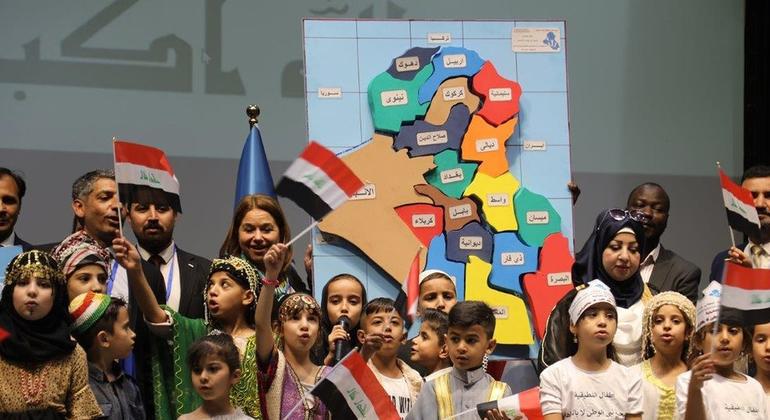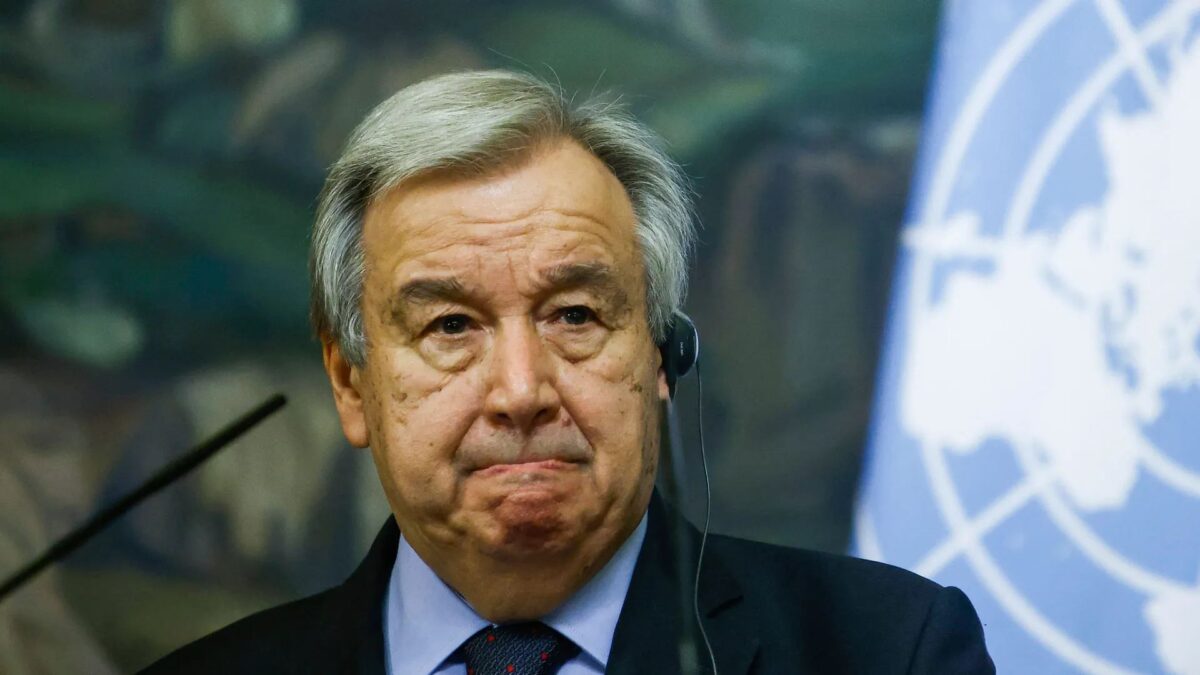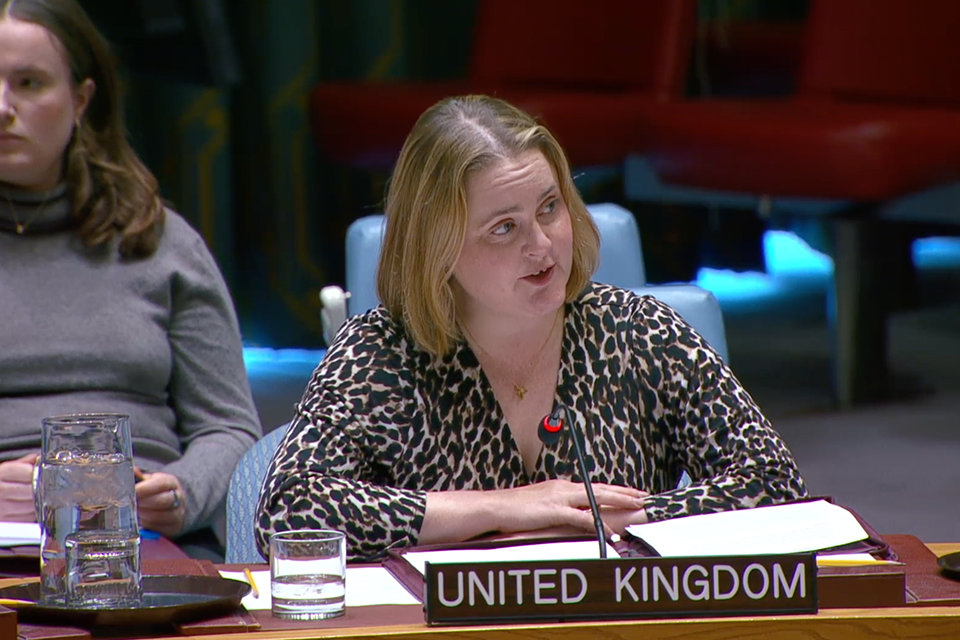PressReader.com – Digital Newspaper & Magazine Subscriptions =f}function b(){var t=o();if(m(t))return x(t);d=setTimeout(b,function(t){var n=e-(t-p);return y?a(n,f-(t-h)):n}(t))}function x(t){return d=void 0,g&&u?w(t):(u=s=void 0,l)}function _(){var t=o(),n=m(t);if(u=arguments,s=this,p=t,n){if(void 0===d)return function(t){return h=t,d=setTimeout(b,e),v?w(t):l}(p);if(y)return clearTimeout(d),d=setTimeout(b,e),w(p)}return void 0===d&&(d=setTimeout(b,e)),l}return e=i(e)||0,r(n)&&(v=!!n.leading,f=(y=”maxWait”in n)?c(i(n.maxWait)||0,e):f,g=”trailing”in n?!!n.trailing:g),_.cancel=function(){void 0!==d&&clearTimeout(d),h=0,u=p=s=d=void 0},_.flush=function(){return void 0===d?l:x(o())},_}},97:function(t){t.exports=function(t,e){return t===e||t!=t&&e!=e}},787:function(t,e,n){var r=n(271),o=n(400);t.exports=function(t){if(!o(t))return!1;var e=r(t);return”[object Function]”==e||”[object GeneratorFunction]”==e||”[object AsyncFunction]”==e||”[object Proxy]”==e}},400:function(t){t.exports=function(t){var e=typeof t;return null!=t&&(“object”==e||”function”==e)}},583:function(t){t.exports=function(t){return null!=t&&”object”==typeof t}},975:function(t,e,n){var r=n(271),o=n(583);t.exports=function(t){return”symbol”==typeof t||o(t)&&”[object Symbol]”==r(t)}},487:function(t,e,n){var r=n(910);function o(t,e){if(“function”!=typeof t||null!=e&&”function”!=typeof e)throw new TypeError(“Expected a function”);var n=function(){var r=arguments,o=e?e.apply(this,r):r[0],i=n.cache;if(i.has(o))return i.get(o);var c=t.apply(this,r);return n.cache=i.set(o,c)||i,c};return n.cache=new(o.Cache||r),n}o.Cache=r,t.exports=o},835:function(t,e,n){var r=n(714);t.exports=function(){return r.Date.now()}},639:function(t,e,n){var r=n(103),o=n(400),i=n(975),c=/^[-+]0x[0-9a-f]+$/i,a=/^0b[01]+$/i,u=/^0o[0-7]+$/i,s=parseInt;t.exports=function(t){if(“number”==typeof t)return t;if(i(t))return NaN;if(o(t)){var e=”function”==typeof t.valueOf?t.valueOf():t;t=o(e)?e+””:e}if(“string”!=typeof t)return 0===t?t:+t;t=r(t);var n=a.test(t);return n||u.test(t)?s(t.slice(2),n?2:8):c.test(t)?NaN:+t}},963:function(t,e,n){“use strict”;n.d(e,{A:function(){return r}}),t=n.hmd(t);var r=function(t){var e,n=t.Symbol;return”function”==typeof n?n.observable?e=n.observable:(e=n(“observable”),n.observable=e):e=”@@observable”,e}(“undefined”!=typeof self?self:”undefined”!=typeof window?window:void 0!==n.g?n.g:t)}},e={};function n(r){var o=e[r];if(void 0!==o)return o.exports;var i=e[r]={id:r,loaded:!1,exports:{}};return t[r](i,i.exports,n),i.loaded=!0,i.exports}n.d=function(t,e){for(var r in e)n.o(e,r)&&!n.o(t,r)&&Object.defineProperty(t,r,{enumerable:!0,get:e[r]})},n.g=function(){if(“object”==typeof globalThis)return globalThis;try{return this||new Function(“return this”)()}catch(t){if(“object”==typeof window)return window}}(),n.hmd=function(t){return(t=Object.create(t)).children||(t.children=[]),Object.defineProperty(t,”exports”,{enumerable:!0,set:function(){throw new Error(“ES Modules may not assign module.exports or exports.*, Use ESM export syntax, instead: “+t.id)}}),t},n.o=function(t,e){return Object.prototype.hasOwnProperty.call(t,e)},function(){“use strict”;var t=function(t){return”@@redux-saga/”+t},e=t(“CANCEL_PROMISE”),r=t(“CHANNEL_END”),o=t(“IO”),i=t(“MATCH”),c=t(“MULTICAST”),a=t(“SAGA_ACTION”),u=t(“SELF_CANCELLATION”),s=t(“TASK”),f=t(“TASK_CANCEL”),l=t(“TERMINATE”),d=t(“LOCATION”),p=function(t){return null==t},h=function(t){return null!=t},v=function(t){return”function”==typeof t},y=function(t){return”string”==typeof t},g=Array.isArray,w=function(t){return t&&v(t.then)},m=function(t){return t&&v(t.next)&&v(t.throw)},b=function t(e){return e&&(y(e)||O(e)||v(e)||g(e)&&e.every(t))},x=function(t){return t&&v(t.take)&&v(t.close)},_=function(t){return v(t)&&t.hasOwnProperty(“toString”)},O=function(t){return Boolean(t)&&”function”==typeof Symbol&&t.constructor===Symbol&&t!==Symbol.prototype},j=function(t){return x(t)&&t[c]};function E(){return E=Object.assign?Object.assign.bind():function(t){for(var e=1;e=0&&t.splice(n,1)}var C=function(t){throw t},N=function(t){return{value:t,done:!0}};function R(t,e,n){void 0===e&&(e=C),void 0===n&&(n=”iterator”);var r={meta:{name:n},next:t,throw:e,return:N,isSagaIterator:!0};return”undefined”!=typeof Symbol&&(r[Symbol.iterator]=function(){return r}),r}function I(t,e){var n=e.sagaStack;console.error(t),console.error(n)}var M=function(t){return Array.apply(null,new Array(t))},L=function(t){return function(e){return t(Object.defineProperty(e,a,{value:!0}))}},z=function(t){return t===l},D=function(t){return t===f},W=function(t){return z(t)||D(t)};function q(t,e){var n,r=Object.keys(t),o=r.length,i=0,c=g(t)?M(o):{},a={};return r.forEach((function(t){var r=function(r,a){n||(a||W(r)?(e.cancel(),e(r,a)):(c[t]=r,++i===o&&(n=!0,e(c))))};r.cancel=S,a[t]=r})),e.cancel=function(){n||(n=!0,r.forEach((function(t){return a[t].cancel()})))},a}function F(t){return{name:t.name||”anonymous”,location:U(t)}}function U(t){return t[d]}function B(){for(var t=arguments.length,e=new Array(t),n=0;n
Tag: Unami

In an interview with UN News, Mr. Mohamed Al Hassan, Special Representative of the Secretary-General (SRSG) and UNAMI chief, said the Mission’s end reflects how far Iraq has come since it was set up in 2003, when the country was emerging from decades of dictatorship, regional wars and the terror wrought by ISIL – known more widely in the Middle East as Da’esh.
“When UNAMI started, Iraq used to be a very different place than today”, he told UN News. Just days into the mission in August 2003 the UN came under attack at its Baghdad headquarters, leaving 22 staffers dead and over 100 wounded.

A truck bomb destroyed the United Nations headquarters in Baghdad on 19 August 2003.
Today, a new era has dawned: “With the sacrifices of the Iraqis first and foremost, and with international support, in particular the United Nations, Iraq believes it is ready to move to another phase, solidifying its sovereignty and territorial integrity. I wholeheartedly believe that Iraq is ready for that.”
UN Secretary-General António Guterres will travel to Baghdad to join Iraqis and the diplomatic community in marking the Mission’s closure – an event he called a clear signal that this is “mission accomplished”.
Democratic progress
Mr. Al Hassan said Iraq’s recent political developments underscore how dramatically the country has stabilised.
The parliamentary elections held in November, which UNAMI supported, were widely viewed as among the most credible to date. With a 56 per cent voter turnout, they were also a demonstration of renewed public engagement.
“It was the most fair, free and peaceful elections,” he said. “When you see an election that fair and democratic, you know that that’s a belief in a new Iraq.”
IRAQ MISSION UNAMI CLOSING
1.Wide shot, Head of the United Nations Mission in Iraq (UNAMI), Mohamed Al Hassan, speaking at the interview
2. SOUNDBITE (English) Mohamed Al Hassan, Head of the United Nations Mission in Iraq (UNAMI):
“When this United Nations assistance mission for Iraq started in2003, Iraq used to be a very different place than today. Thank God, with the help of the Iraqis, the sacrifices of the Iraqis first and foremost, and the support of the international community, in particular the United Nations. Iraq believes they are ready to move to another phase of development of solidifying their own sovereignty and territorial integrity. I wholeheartedly, even personally believe that Iraq is ready for that. But they have to show us the zeal on the part of the Iraqis that they can take things into their hands in the most proper, peaceful and dignified manner.”
3.Wide shot, Head of the United Nations Mission in Iraq (UNAMI), Mohamed Al Hassan, speaking at the interview
4. SOUNDBITE (English) Mohamed Al Hassan, Head of the United Nations Mission in Iraq (UNAMI):
“We managed to help the Iraqis with the help of the international community and the coalition to defeat Daesh. That’s a big entitlement to tell you the truth. Without the help of the United Nations and the international community, the Iraqis will have no way to defeat Daesh.”
5.Wide shot, Head of the United Nations Mission in Iraq (UNAMI), Mohamed Al Hassan, speaking at the interview
6. SOUNDBITE (English) Mohamed Al Hassan, Head of the United Nations Mission in Iraq (UNAMI):
“My hope is that for a country that will become a member of the Human Rights Council, they have to act as such. And this has been the message, even my message before the Security Council to the Iraqis. They need to work on…
404 page | United Nations
404 page | United Nations
- العربية
- 中文
- Nederlands
- English
- Français
- Deutsch
- Kreyòl
- हिन्दी
- Bahasa Indonesia
- Polski
- Português
- Русский
- Español
- Kiswahili
- Türkçe
- Українська

ERBIL, Kurdistan Region – United Nations Secretary-General Antonio Guterres is scheduled to visit Baghdad on Saturday to mark the end of the United Nations Assistance Mission in Iraq (UNAMI).
Guterres is expected to “express his gratitude to the Mission’s staff members and to the Government and people of Iraq for hosting UNAMI for 22 years,” according to a statement from his office.
While in Baghdad, the secretary-general will hold bilateral meetings with Iraqi leaders, including Prime Minister Mohammed Shia al-Sudani, the statement added.
UNAMI was established in 2003 at the request of Iraqi authorities. Although it does not directly implement humanitarian or development programs, the mission has played a key role in coordinating the work of more than 20 UN agencies operating in the country. Its chief also serves as the Special Representative of the UN Secretary-General for Iraq.
The mission’s mandate, renewed annually by the UN Security Council, is set to expire on December 31, 2025, following a request by Sudani in May 2024. The Iraqi premier said at the time that improved security and political stability have reduced the need for the mission’s continued presence.
UNAMI’s responsibilities have included facilitating political dialogue among Iraqi factions and between Iraq and neighboring states, supporting electoral processes, monitoring human rights, and coordinating humanitarian aid in conflict-affected areas. Critics warn that ending the mission could diminish international oversight, particularly during future elections.
Guterres began a tour of the Middle East on Wednesday, with his first stop in Saudi Arabia, where he met with Crown Prince Mohammed bin Salman to discuss pressing regional developments.
Following his trip to Baghdad, he will return to Saudi Arabia to participate in the 11th Global Forum of the United Nations Alliance of Civilizations, scheduled for December 14-15 in Riyadh.
The secretary-general will conclude his regional tour with a visit to Oman, where he is expected…

As the UN Assistance Mission to Iraq (UNAMI) closes this month and Iraq continues to progress, the United Kingdom encourages a continued focus on priorities that will underpin Iraq’s long-term stability and prosperity.
These include upholding Iraq’s sovereignty and constructive engagement with international partners, strengthening the rule of law and the effectiveness of state institutions, and delivering urgent economic reforms to create opportunities for all Iraqis.
We also urge greater efforts to tackle corruption and diversify Iraq’s economy. The United Kingdom stands ready to support Iraq in making progress on these objectives.
The recent parliamentary elections were a significant milestone, and we commend the determination of the Iraqi people to shape their future through the ballot box. We hope to see a swift conclusion to the process of government formation.
We also commend the efforts of all those involved in delivering the electoral process including the support offered by UNAMI.
As this UN Security Council chapter closes, we hope that Iraq will continue to partner with the United Nations, particularly on human rights. The United Kingdom welcomes steps to improve women’s political participation in Iraq.
We encourage the Iraqi authorities to enact robust child protection and women’s rights legislation, and to ensure all survivors of sexual and gender-based violence receive the accountability and support they deserve.
On the missing persons file, we welcome the recent handover of 400 boxes of Kuwaiti national archive materials by Iraq. We commend the cooperation on this important issue between all relevant stakeholders, including the International Committee of the Red Cross, and we echo the Secretary-General’s call for continued efforts in this regard.
We look forward to the upcoming appointment of a Senior Representative to support meaningful cooperation on this file, particularly around identifying new witnesses, harnessing modern technology, and sustaining momentum on outstanding cases of missing Kuwaiti and third country nationals.
The United Kingdom reaffirms its commitment to Iraq’s sovereignty, stability, and prosperity, and stands ready to support the…
ERBIL, Kurdistan Region of Iraq – The head of the United Nations Assistance Mission for Iraq (UNAMI) on Tuesday delivered his final address before the Security Council, voicing support for Iraq beyond the end of the mission’s mandate, which is set to expire December 31.
“UNAMI’s departure does not mark an end to the Iraq-UN partnership, rather, it represents the start of a new chapter rooted in Iraq’s leadership of its own future,” Mohamed al-Hassan said at the UN Security Council in New York.
UNAMI was established in 2003 under UN Security Council Resolution 1500, following a request from the Iraqi government at the time. The mission advises the government on political dialogue and reconciliation, as well as helping with elections and security sector reform.
It is set to end on December 31.
“The United Nations will continue standing by Iraq to build on its hard-won gains through the provisions of technical expertise, advice, and programmatic support by the United Nations country team on matters such as inclusive economic growth, climate resilience, human rights, displacement, and the full and meaningful participation of women, youth, and minorities,” Hassan added.
The UNAMI chief called on Baghdad and Erbil to resolve their “outstanding issues,” including in the country’s disputed territories. Hassan urged both the federal government and the Kurdistan Regional Government (KRG) to form their new cabinets without further delay.
The Kurdistan Region held parliamentary elections in October 2024, but the winners, the Kurdistan Democratic Party (KDP) and the Patriotic Union of Kurdistan (PUK), have failed to form the government due to ongoing political wrangling over posts.
Baghdad, on the other hand, held its parliamentary elections last month, with UNAMI support.
“Iraq was able to incrementally consolidate hard-won gains against the odds,” Hassan said, praising…

The Secretary-General’s Special Representative for Iraq, Mohammed Al Hassan, briefed members for the last time as the UN Assistance Mission in Iraq (UNAMI) prepares to conclude its mandate on 31 December after more than two decades of service.
“Today, indeed, is a great day for the international community and the United Nations to witness an honourable and dignified closure of a UN mission,” he said.
Victory and sacrifice
UNAMI was established by the Council in 2003. At the time, the country was “grappling with the effects of decades of dictatorship, regional wars, internal conflicts, foreign occupation, and the terror of Da’esh,” he recalled.
“The road to peace, security and stability was long and difficult. However, with the support of the international community Iraq came out victorious, but with untold sacrifices,” he said.
He used the opportunity to honour the memory of all those who lost their lives since UNAMI began operations, including the 22 UN staff killed in the Canal Hotel bombing in August 2003 – among the darkest days in the history of the organization.
Hard-won gains
Mr. Al Hassan said both he and his predecessors have been struck by the resilience and steadfastness of Iraq and its people as they worked to build a more secure and prosperous future.
“From the adoption of a new Constitution to the strengthening and consolidation of democracy through 13 successful electoral processes, Iraq was able to incrementally consolidate hard-won gains against the odds,” he said.
Last month, Iraq held its sixth parliamentary elections and the process was marked by a notable increase in turnout of registered voters, 56 per cent. The vote was also among the most free, orderly and credible polls conducted so far.
He congratulated the Iraqi people, the Independent High Electoral Commission and UNAMI, which provided electoral assistance.
“I can hardly think of a more fitting final chapter to UNAMI’s activities than the scenes witnessed by myself and my team at polling stations across the country, as Iraqis from diverse backgrounds lined up in orderly queues, eager to cast their ballots,” he said.
“While I express…
Statement by Deputy Permanent Representative Anna Evstigneeva at a UNSC Briefing on Iraq
2 December 2025
Madam President,
We congratulate you on assuming the presidency of the Security Council in December and thank the delegation of Sierra Leone for its able stewardship of the Council during the past month.
We are grateful to Special Representative of the Secretary-General Mohamed Al-Hassan for his briefing on the situation in the Republic of Iraq. Given that this is your final report in this capacity, we would like to express our gratitude for your wise and responsible leadership of the United Nations Assistance Mission for Iraq (UNAMI), which has enabled the exemplary drawdown of the mission and the transfer of functions to the host country and United Nations entities operating on the ground.
The parliamentary election of 11 November has become a key event over the recent period, the vote was held with the assistance of UNAMI, was overseen by an impressive number of international observers and had a very high turnout of 56.11%, which is 12.57% higher than in 2021. The fact that the election took place in a calm and peaceful atmosphere, without any serious incidents that could compromise the results, attests to the maturity of Iraqi democracy and its state institutions.
We note the tireless efforts by Muhammad al-Sudani’s government on both the socio-economic and security tracks. The Iraqi authorities have managed to garner nearly $1 billion from the World Bank to modernize the railway infrastructure within the subsequent seven years. There is also an agreement reached between the federal government and Erbil to resume supplies via the Iraq-Turkey oil pipeline. Owing to the efforts of the Iraqi security services, the threat from ISIL has been minimized, as has the number of civilian…
Post-war Iraq will lead its own future after the United Nations closes its mission there at year’s end, the UN envoy to the Middle Eastern country said Tuesday.
The United Nations Assistance Mission for Iraq (UNAMI) will be shutting down its operations after 22 years of helping the country transition from instability in the wake of the 2003 US-led invasion and occupation as well as the ouster of Saddam Hussein’s dictatorship.
UNAMI’s departure “represents the start of a new chapter rooted in Iraq’s leadership of its own future,” Mohamed Al Hassan, the head of the mission, told the UN Security Council during a meeting devoted to the situation in Iraq.
He assured the council that the international community was witnessing “an honorable and dignified closure of a UN mission.”
But “the road to peace, security and stability was long and difficult,” he added.
With the international community’s support, “Iraq came out victorious, but with untold sacrifices,” Al Hassan said.
Last year, the mission established in 2003 was extended one last time until December 31, 2025.
Baghdad said the closing of the UN mission marked “the completion of the political building process initiated in 2003 after the fall of the dictatorial regime.”
UNAMI’s tasks included advising the government on political dialogue and reconciliation, as well as helping with elections and security sector reform.
On Tuesday, Al Hassan addressed the council after Iraq held its sixth parliamentary election in November.
The envoy expressed the hope that a new Iraqi government would be formed without delay.
“Iraq has overcome successive conflicts on a hard-won path to stability,” he said.
“Nevertheless, the lasting effects of conflict have given rise to dire and persisting humanitarian needs, with about 1 million Iraqis remaining internally displaced.”
